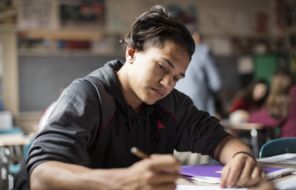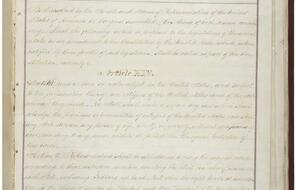Resource Library
Find compelling classroom resources, learn new teaching methods, meet standards, and make a difference in the lives of your students.
We are grateful to The Hammer Family Foundation for supporting the development of our on-demand learning and teaching resources.

Introducing Our US History Curriculum Collection
Draw from this flexible curriculum collection as you plan any middle or high school US history course. Featuring units, C3-style inquiries, and case studies, the collection will help you explore themes of democracy and freedom with your students throughout the year.
10 Questions for the Future: Student Action Project
Students create a plan for enacting change on an issue that they are most passionate about using the 10 Questions Framework.
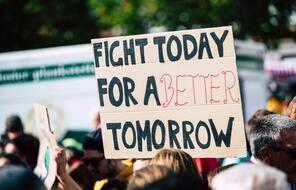
10 Questions for the Past: The 1963 Chicago Public Schools Boycott
Students explore the strategies, risks, and historical significance of the 1963 Chicago school boycott, while also considering bigger-picture questions about social progress.
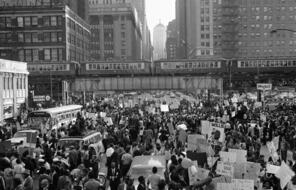
10 Questions for the Present: Parkland Student Activism
Students identify strategies and tools that Parkland students have used to influence Americans to take action to reduce gun violence.
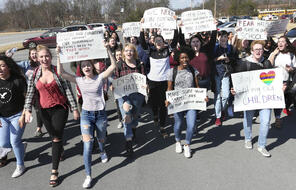
Dismantling Democracy
Students examine the steps the Nazis took to replace democracy with dictatorship and draw conclusions about the values and institutions that make democracy possible.
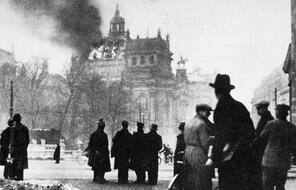
Do You Take the Oath?
Students consider the choices and reasoning of individual Germans who stayed quiet or spoke up during the first few years of Nazi rule.
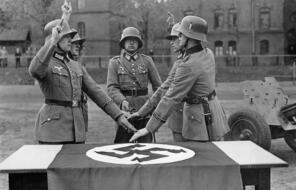
European Jewish Life before World War II
Students analyze images and film that convey the richness of Jewish life across Europe at the time of the Nazis’ ascension to power.
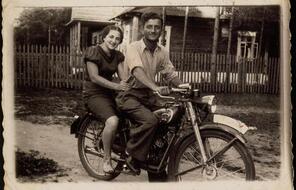
Exploring Identity
Students identify the social and cultural factors that help shape our identities by analyzing firsthand reflections and creating personal identity charts.

The Holocaust: Bearing Witness
Students are introduced to the enormity of the crimes committed during the Holocaust and look closely at stories of a few individuals who were targeted by Nazi brutality.
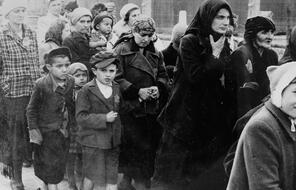
How Should We Remember?
Students both respond to and design Holocaust memorials as they consider the impact that memorials and monuments have on the way we think about history.
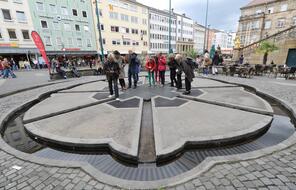
The Union As It Was
Students examine documents that shed light on life in the South under the policies of Presidential Reconstruction in 1865 and 1866.
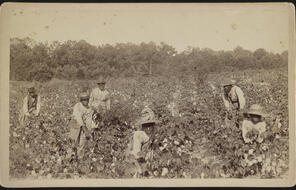
Introducing The Unit
Students develop a contract establishing a reflective classroom community in preparation for their exploration of this unit's historical case study.
